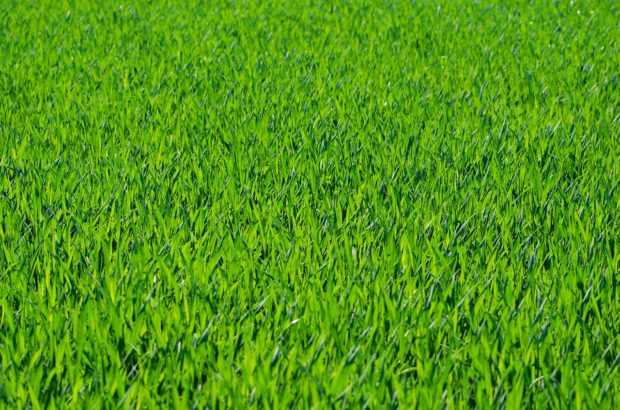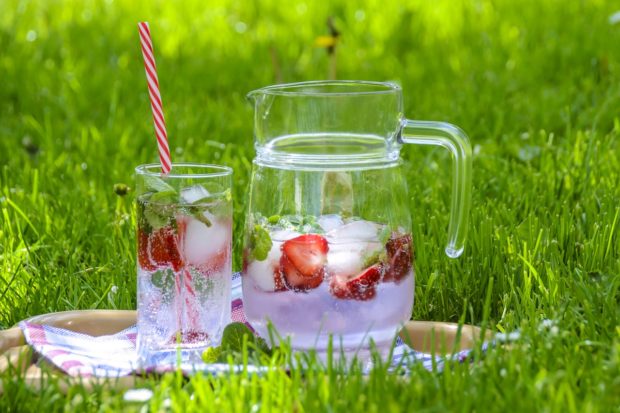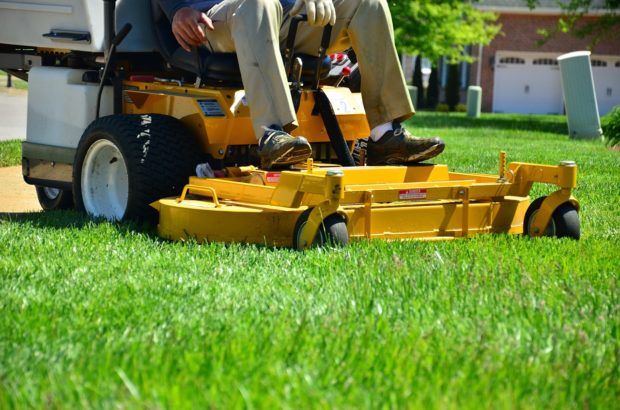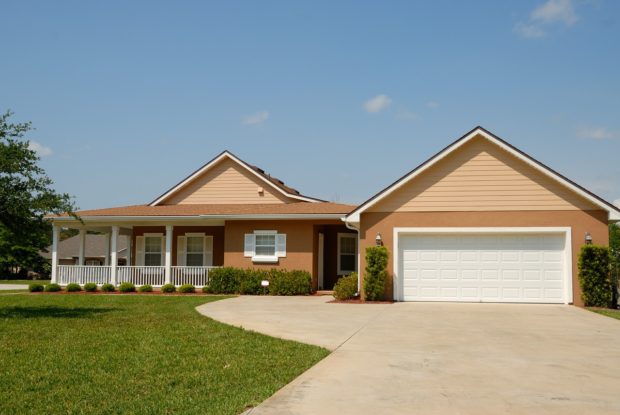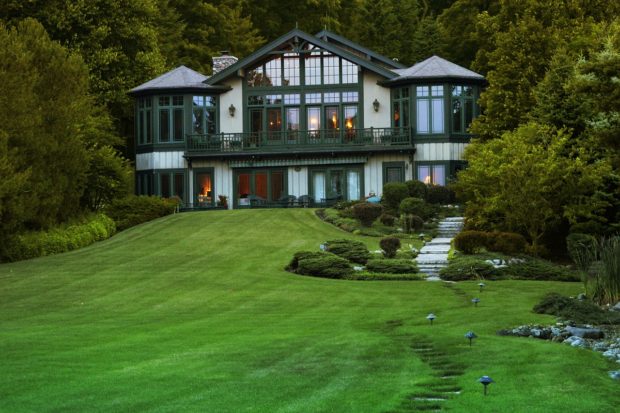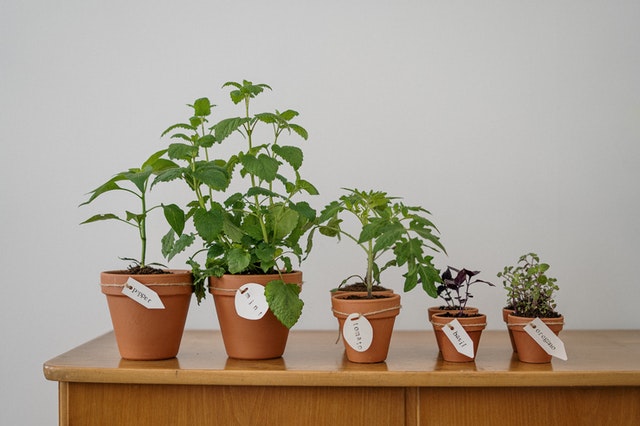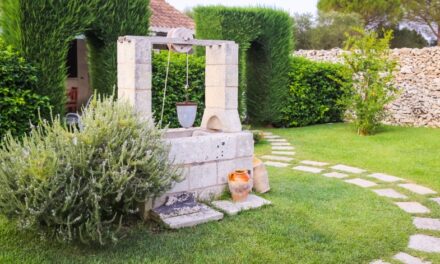A lawn that is well-carpeted by green grass provides the perfect backdrop for your picturesque landscape art. Because of this, it is very important for you to choose well the grass that you plant on your lawn. In this article, we present the five most commonly used grass varieties. We also shed light on the best conditions that each variety thrives in.
Tall Fescue
If you live in an area that is rather dry, choosing the tall fescue is going to be a good move. Although this variety loves moist environments, it is also known to have this amazing ability to tolerate dry spells. In addition to its flexibility, this plant also thrives in environments where there is a lot of shade (e.g. under trees and tall shrubs). Also, cold doesn’t seem to bother this plant too much; it has been observed to survive harsh winters. This variety is also reported to be very responsive to fertilizing and aerating, so it’s going to be very easy to nurture.
Bluegrass
Bluegrass is the variety of choice of many landscaping professionals, especially those who live in the northern part of the nation. This grass variety is moderately tolerant of foot traffic and shade. It requires regular fertilizing for it to look its best. You can usually find this grass on golf courses and other sports fields.
Bermuda Grass
Bermuda is a creeper that is usually used in lieu of grass varieties that require a lot of fertilizing. This species tolerates foot traffic really well. It is considered to be an aggressive grower in the sense that weeds cannot thrive in soils that Bermuda grass has already occupied. However, because of this plant’s aggressive nature, you must take extra care that it does not get into flower beds, as it might take away nutrients from other plants, causing them to wilt and even die. An issue with Bermuda grass is that it need frequent mowing due to its quite aggressive growth.
St. Augustine Grass
If the soil in your area is a bit sandy, then you might want to give St. Augustine grass a try. It thrives in a wide variety of soil types. Because it is able to cover ground so well, it is great for lawns that really aim for that “green carpet” effect. In caring for this grass type, it’s recommended to give it at least an inch of water each week, according to WikiLawn professionals. One major downside of having this type of grass is the fact that it does not really tolerate foot traffic well. If you opt for this variety, it’s best that you install stepping stones or tiles.
Zoysia
Zoysia is one grass type that you should get if you expect your lawn to be subjected to a lot of foot traffic and more aggressive activities such as play and picnics. This type is known to be very drought-resistant. Under extreme heat conditions, some discoloration might be observed but this plant bounces back quite easily with proper irrigation.
Choosing the right grass is important if your garden or lawn is to last long. Sticking with one variety is good, but mixing two varieties that need almost identical conditions to thrive can be a good move.

